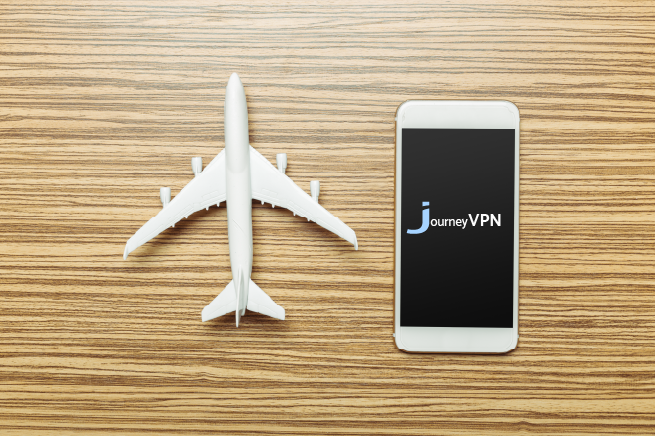Why Should I Use a VPN When Traveling?

Why Should I Use a VPN When Traveling?
Traveling is an exciting opportunity to explore new places and cultures, but it also exposes you to various online risks. Whether you’re on a business trip or a vacation, staying connected is essential for most travelers. However, using public Wi-Fi at airports, hotels, or cafes can put your personal data at risk. In addition, you might find yourself facing geographical restrictions on certain websites or services while abroad. This is where a VPN can be invaluable. In this post, we’ll discuss why using a VPN while traveling is crucial for your privacy, security, and convenience.
Key Risks When Traveling:
- Public Wi-Fi Vulnerabilities: One of the biggest challenges travelers face is relying on public Wi-Fi networks. These networks are often unsecured, leaving your personal data vulnerable to cybercriminals who can intercept your connection. Hackers frequently target tourists and business travelers who connect to unprotected networks, making public Wi-Fi a hotbed for cyberattacks.
- Geo-Restricted Content: Many websites and streaming services are geo-restricted, meaning they’re only accessible from certain countries. For example, you might not be able to access your favorite shows on Netflix or use social media platforms in certain countries with strict internet censorship.
- Government Surveillance: Some countries have strict online surveillance and censorship policies. Governments may monitor your internet activity, and certain websites or apps may be blocked altogether. This is especially common in countries with restrictive internet regulations.
How a VPN Protects You While Traveling:
- Secures Public Wi-Fi Connections: A VPN encrypts your internet traffic, creating a secure tunnel between your device and the internet. This encryption ensures that even if a hacker intercepts your connection on public Wi-Fi, they won’t be able to read your data. With a VPN, you can safely browse, check your emails, and access sensitive accounts like banking apps without worrying about cyber threats.
- Bypasses Geo-Restrictions: When traveling, you may find that certain websites, apps, or streaming services are unavailable due to geographical restrictions. A VPN allows you to connect to a server in your home country or any other region, enabling you to access content as if you were still at home. Whether you’re trying to watch your favorite Netflix series, access social media, or use essential apps, a VPN gives you unrestricted access to the internet.
- Avoids Censorship: In some countries, government censorship can prevent you from accessing certain websites or apps, such as news sites, social media platforms, or messaging services. A VPN enables you to bypass these restrictions by routing your internet traffic through a server in a different country, allowing you to access blocked content and maintain your freedom of communication.
- Protects Against Government Surveillance: In countries with strict surveillance laws, the government may monitor your online activities. A VPN helps protect your privacy by encrypting your data and masking your real IP address, making it harder for government agencies to track your online behavior or identify your location.
- Safe Access to Work Resources: If you’re traveling for business, a VPN ensures that you can securely access your company’s internal systems and resources, even when you’re abroad. Many companies require employees to use a VPN when connecting to their corporate network remotely to safeguard sensitive data and prevent unauthorized access.
Other Benefits of Using a VPN While Traveling:
- Avoids Price Discrimination: Some websites, particularly airlines and booking platforms, use price discrimination based on your location. This means that prices for flights, hotels, or services might be higher depending on where you're browsing from. By using a VPN, you can change your virtual location to compare prices from different regions and potentially save money.
- Prevents ISP Throttling: If you’re using mobile data while traveling, your Internet Service Provider (ISP) may throttle your connection after reaching a certain data limit. A VPN can help reduce throttling by masking your online activities, making it harder for your ISP to target specific types of traffic, such as streaming or downloading.
In conclusion whether you’re exploring a new country or on a business trip, using a VPN is essential for protecting your privacy and accessing the content you need while traveling. By encrypting your connection, bypassing geo-restrictions, and preventing surveillance, JourneyVPN ensures that you stay secure and connected, no matter where you are in the world. With the added benefit of avoiding censorship and accessing global content, a VPN is a must-have tool for any traveler.